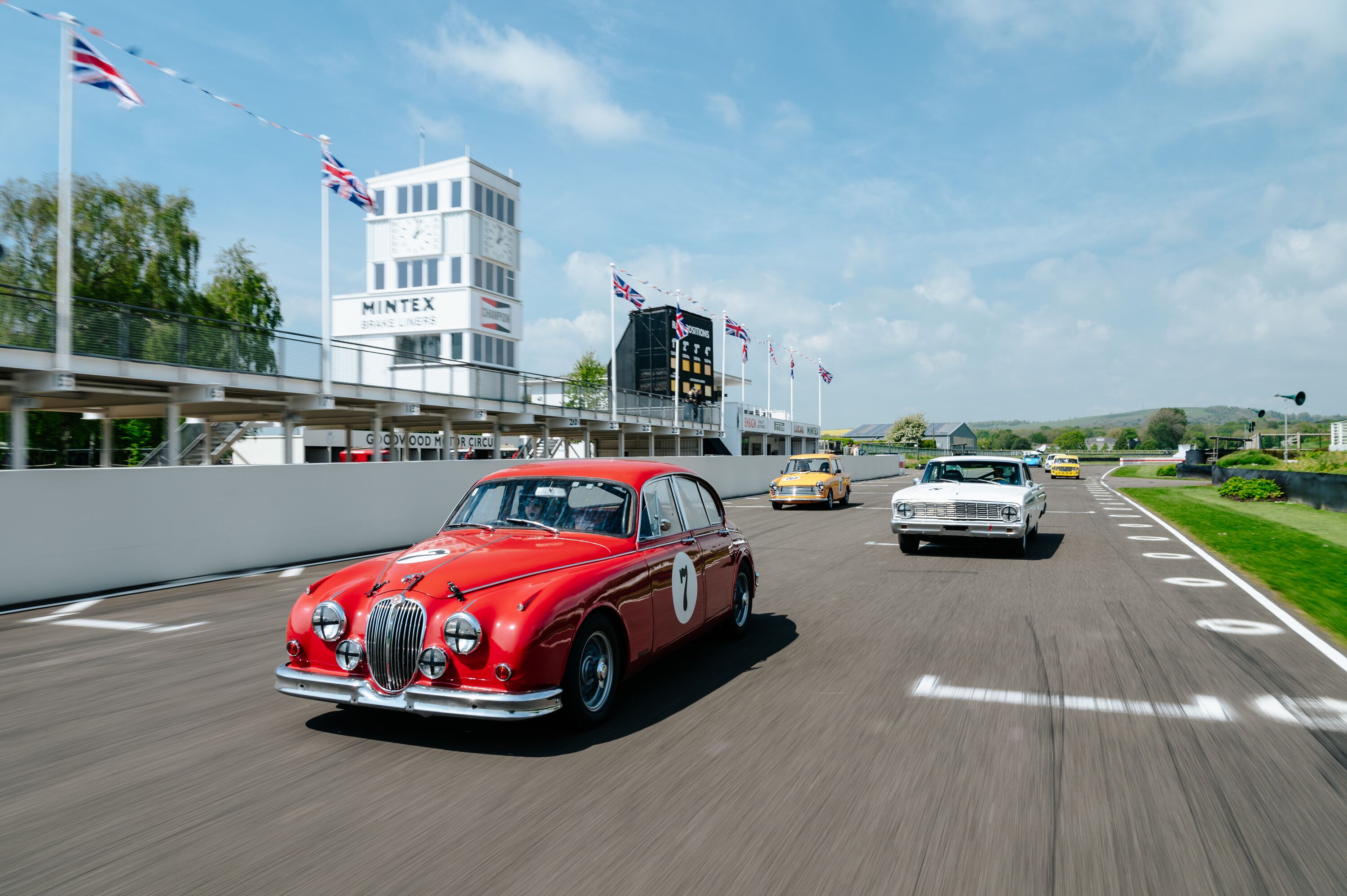Gordon Murray’s club racer with F1 tech
For decades, the 1974 Brabham BT44 has been credited as the first racing car to feature now prolific rising rate suspension, but Gordon Murray actually first designed it for his low-cost Formula 750 racer two years earlier. “When I drew the BT44, I just took this idea and stuck it on,” he says.

If the pullrod suspension was innovative by Formula 1 standards, then it was out of the park in the club level 750 Formula. And that wasn’t the only way in which Murray’s home-built racer moved the game on. Or, at least, it would have had his commitments at Brabham allowed him to complete the IGM 750 project in period.
As you can surmise from its Type 4 moniker, the 750 racer wasn’t Murray’s first home-built racer. In South Africa, he built the IGM-Ford and, when he arrived in the UK in 1970, he wasn’t finished with racing. Setting up in a new country meant his finances were tight, which was part of the draw to the 750 Formula. “Racing was so expensive, even Formula Ford, but there was this great little formula called Formula 750.” The cars were affordable thanks to their use of the engine, gearbox and live axle from a Reliant.
The 750 Formula is still going today, having made the move to Fiat power in 2003 (Reliant powered cars have their own historic category) and is the world’s longest running motorsport formula, predating Formula 1.
It wasn’t just the low cost base that attracted Murray to the formula, he also saw an opportunity to innovate thanks to the unobtrusive regulations. “You had to use two big steel tubes for the chassis and that was about it,” he says. It was intended to stop builders creating expensive monocoque chassis, but it didn’t stop the lateral-thinking Murray. The requisite tubes are in there, but they’re not structural and are full of holes.
Light weight and tiny dimensions were the other cornerstones of the IGM T4’s design. Most contemporary F750 cars weighed around 350kg, whereas Murray’s is a super flyweight 280kg. The small frontal area helps the T4 cut through the air, and is achieved by a very laid back driving position, 10-inch wheels and a rear-mounted radiator. Amusingly, given Murray’s later Brabham ‘Fan Car’, the cooling fan is exposed at the back of the car…
In period, the T4 didn’t have the chance to fulfil its potential. Gordon was working at Brabham when he started building it, and a promotion to the position of chief designer meant he was too busy to complete the build. After it sat for a while, Gordon passed the car on to Brabham mechanic Ian Hilton to finish, the plan being to share the completed car. Sadly, Hilton was killed in a level crossing accident. The T4 was subsequently lost and forgotten.
A few years ago, Murray considered building a continuation using the original drawings that his PA had tracked down via Jim Eccles in the USA. But then the project took a turn when the original chassis appeared to have been found. “About six years ago, we had a contractor working for us in the design office whose brother is a member of the 750 Motor Club,” Murray told us. “He said there’s a guy in the club who says he’s got your original 750. I thought ‘it can’t be’.” It was tracked down to a lock-up garage on the south coast and, while it was little the worse for age, it turned out to be original the chassis. It was complete with the original suspension.
Some 49 years later than planned, Murray had his first drive of the T4 at the Top Gear track at Dunsfold. “It’s a great little thing. It feels like a large go-kart. When I first drove it, it understeered a lot so I changed the spring and damper settings and the rake, and the handling’s now great. You can slide the back on the throttle.” The Festival of Speed presented by Mastercard is its first competitive outing.
“If Bernie Ecclestone hadn’t bought Brabham and promoted me,” says Murray, “I would probably have just been one of the designers in the office for the next ten years and I would have been racing it in period.”
Photography by Tom Shaxson.
Gordon Murray
IGM
FOS 2021
Festival of Speed

Members' Meeting
Gallery: The cars of Gordon Murray at 78MM

Festival of Speed
Gordon Murray recreates the car that shaped his career

Members' Meeting
Video: The cars of Gordon Murray full demonstration | 78th Members' Meeting














